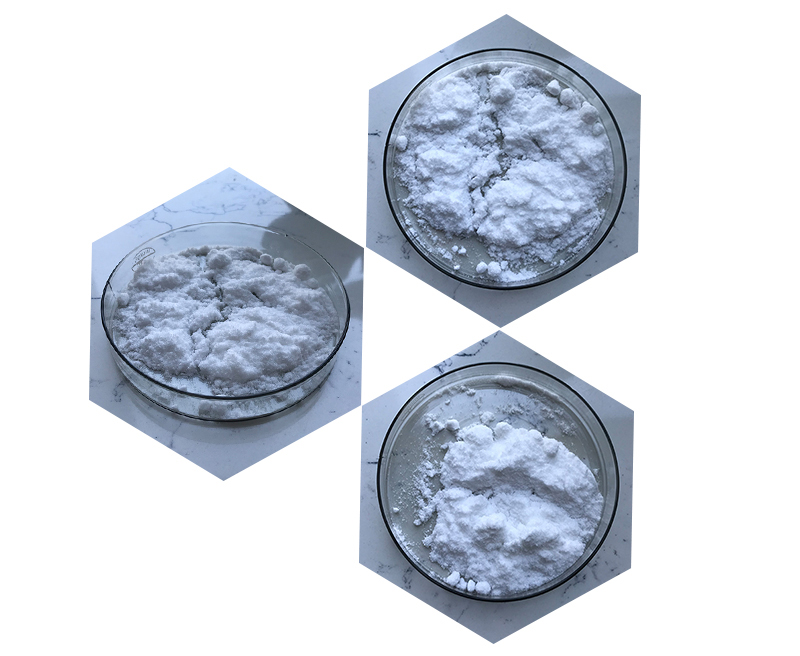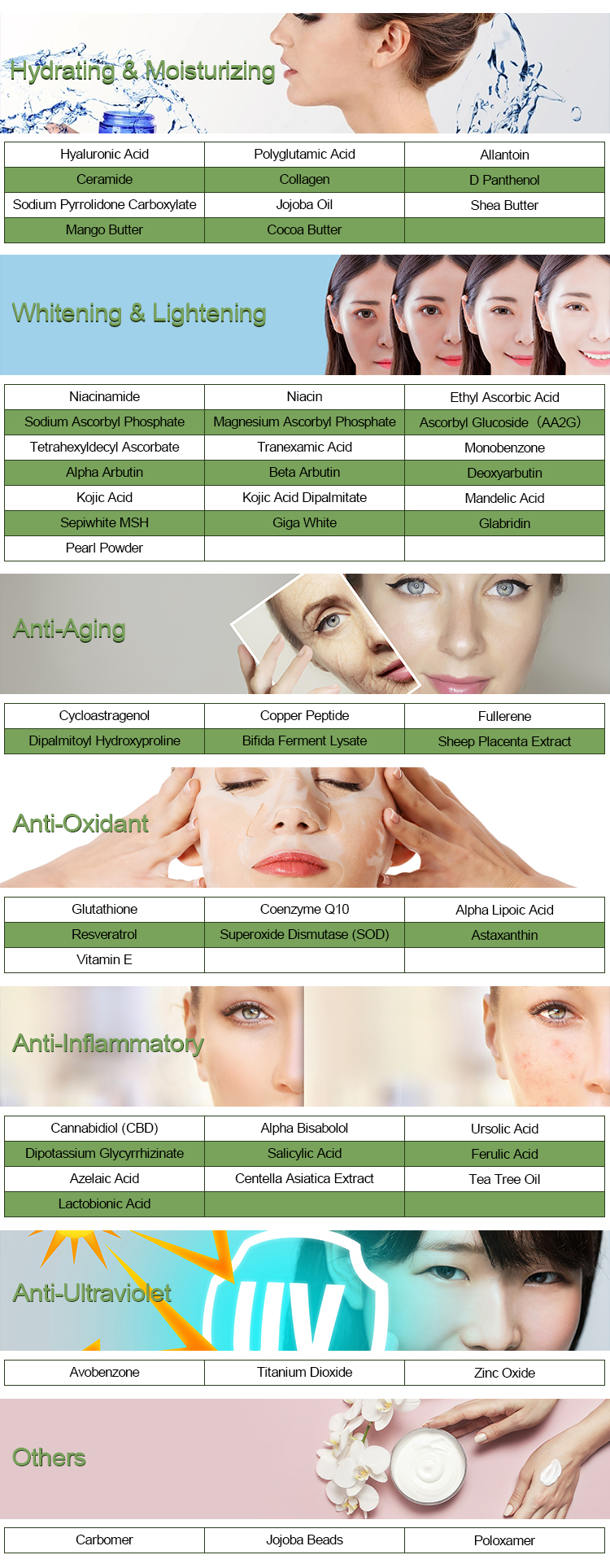Nicotinamide (also known as niacinamide) is a form of vitamin B3 and is used for a variety of medical and dermatological indications. Here are some of the common indications for nicotinamide:
1. Skin Conditions
- Acne Vulgaris: Nicotinamide has anti-inflammatory properties and can help reduce acne lesions and overall inflammation in acne-prone skin.
- Rosacea: Topical nicotinamide can help reduce the redness and irritation associated with rosacea.
- Hyperpigmentation: It is used to lighten dark spots and even out skin tone by inhibiting melanin production.
- Photoaging: Nicotinamide can improve the appearance of fine lines, wrinkles, and skin texture, often used in sunscreens for its protective properties against UV damage.
- Eczema and Atopic Dermatitis: It can help reduce inflammation and restore the skin barrier in patients with eczema.

2. Topical Use for Skin Care
- General Skin Health: Due to its ability to boost the skin’s barrier function, it is commonly found in various over-the-counter skincare products, especially moisturizers and serums.
3. Oral Use for Deficiency
- Pellagra: Oral nicotinamide is used to treat or prevent pellagra, which is caused by a deficiency of niacin (vitamin B3). Symptoms include diarrhea, dermatitis, and dementia.
- Nicotinamide for niacin deficiency: In cases of severe deficiency (such as in malnutrition), oral nicotinamide supplementation may be used to restore normal levels.
4. Cancer Prevention (Adjuvant Role)
- Non-melanoma Skin Cancer (NMSC): There is evidence suggesting that nicotinamide supplementation can reduce the risk of non-melanoma skin cancers (like basal cell carcinoma and squamous cell carcinoma) in people with a history of such cancers, possibly due to its role in DNA repair mechanisms.
5. Inflammatory and Immune Modulation
- Inflammatory Disorders: In some studies, nicotinamide has shown potential in modulating immune responses, making it useful in autoimmune conditions or other inflammatory disorders.
6. Potential Neuroprotective Effects
Alzheimer’s Disease: Research is ongoing to investigate nicotinamide’s potential role in neuroprotection and as a treatment for Alzheimer’s disease, mainly due to its involvement in cellular metabolism and repair mechanisms.

7. Diabetes Management (Possible Role)
- Type 1 Diabetes: Some research has indicated that nicotinamide may have a potential role in preserving beta-cell function in type 1 diabetes, though findings are still inconclusive.
8. Wound Healing
- Nicotinamide has been shown to promote wound healing due to its ability to stimulate collagen production and enhance cellular repair mechanisms.
Note: Nicotinamide is generally well-tolerated, but as with any medication or supplement, it is important to consult a healthcare provider before using it, especially for long-term or high-dose use.
